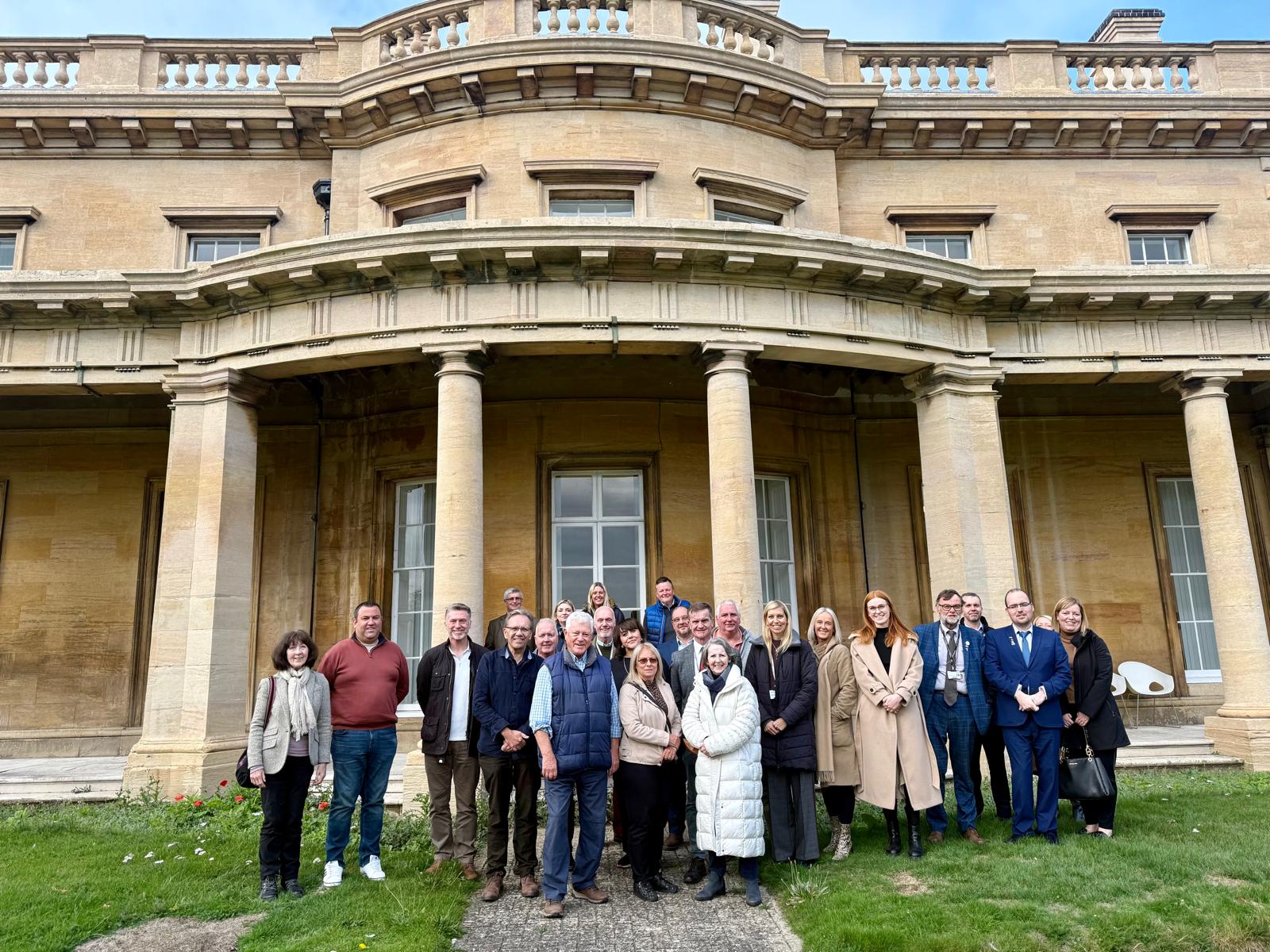Key Takeaways
- West Lindsey District Council is enhancing growth in the agri-tech and agriculture sectors through the Agricultural Growth Zone (Ag-Zone).
- The initiative aims to create a robust ecosystem that connects businesses, educational institutions, and local government support.
- By 2035, the Ag-Zone is projected to add £165 million in GVA and generate over 700 jobs in West Lindsey.
Driving Growth in Agri-Tech
West Lindsey District Council has reaffirmed its commitment to advancing growth in the agri-tech and agricultural sectors via the Agricultural Growth Zone (Ag-Zone). This strategic initiative aims to enhance regional agricultural productivity by fostering innovation, attracting investment, and developing a skilled workforce.
Focusing on the A15 Growth Corridor, the Ag-Zone is part of the broader UK Food Valley. It connects existing food enterprise zones, the University of Lincoln’s Riseholme Campus, and essential infrastructure to cultivate a thriving environment for agri-tech businesses and primary agriculture.
Highlighting this commitment, Cllr Jackie Brockway, Leader of West Lindsey District Council, stated the council’s support for the Lincoln Institute of Agricultural Technology (LIAT) in establishing itself as a leading cluster for agri-tech and engineering. The initiative is expected to bolster the local economy, generate employment opportunities, and modernize farming practices.
During a recent visit to LIAT, attendees were introduced to businesses innovating in agricultural solutions. For instance, SmartFert Ltd., which began operations at Barclay’s Eagle Lab five years ago, now specializes in converting low-value residues into high-performing fertilizers. Effie Warwick-John, UK Food Valley Programme Manager, emphasized the importance of ongoing local government support for these businesses.
Research indicates that by 2035, the Ag-Zone could contribute a £165 million uplift in Gross Value Added (GVA) to the West Lindsey economy, create around 731 jobs, and generate significant investments in the food chain and agri-tech sectors.
Sally Grindrod-Smith, Director of Planning, Regeneration and Communities at West Lindsey, pointed out the area’s strategic position to benefit from key industries, including clean energy and advanced manufacturing. The council’s goal is to foster a multi-sector skills and innovation cluster, facilitated by supportive public sector policies.
Additionally, a recent cross-sector networking event at Riseholme, hosted by UK Food Valley and the Greater Lincolnshire Defence and Security Cluster, highlighted synergies between ag-tech and defense industries. James Makinson-Sanders, Economic Growth Manager at West Lindsey, noted the essential nature of these collaborations in driving local economic resilience and innovation.
With the Ag-Zone at its center, West Lindsey is strategically positioning itself as a national leader in agri-tech innovation, uniting businesses, academia, and local government for sustainable economic growth in the UK.
The content above is a summary. For more details, see the source article.















